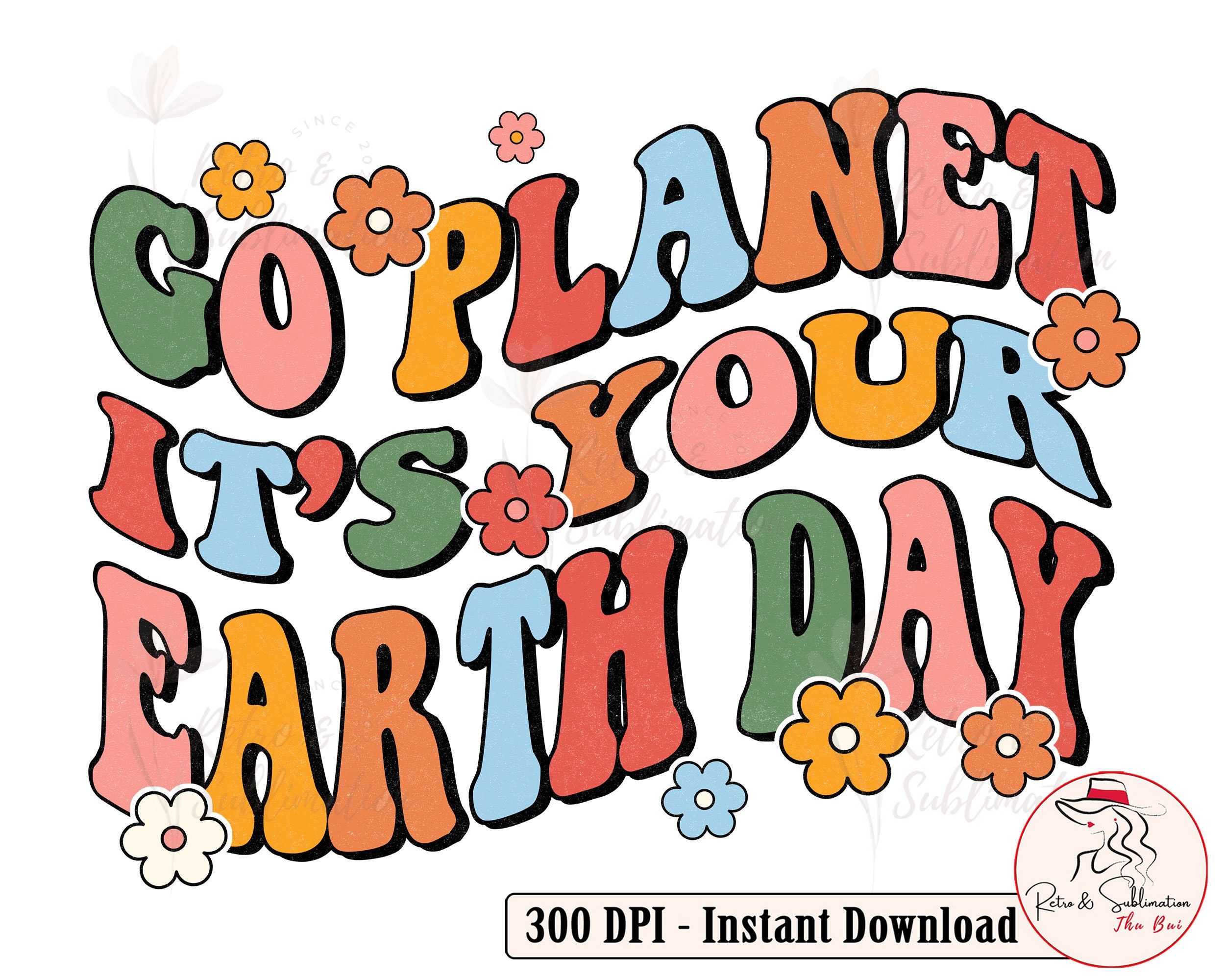In an era marked by complexity and division, the Bahá’í teachings offer a refreshing perspective on unity and the interconnectedness of humanity. The phrase “Everyone Planet – It’s a Great Day for Unity” encapsulates a core principle that permeates the Bahá’í Faith: the oneness of humanity. This article endeavors to explore this concept in depth, posing the question, “What if the key to solving global challenges lies in our capacity to embrace unity?” The quest for a cohesive existence, while inviting, can be laden with challenges that require thoughtful navigation.
The Bahá’í Faith emphasizes the interconnectedness of all individuals. It teaches that every person, regardless of their background, possesses inherent dignity and worth. Unity is not merely an ideal; it is a necessity for the advancement of civilization. This necessity is vividly underscored in Bahá’í writings, which advocate for a universal approach to human relationships that transcends racial, religious, and national boundaries.
Considering the world’s myriad issues—climate change, social injustice, economic disparity—how can one cultivate a sense of unity? The answer lies in education. Undoubtedly, understanding fosters empathy, and empathy begets unity. Bahá’ís assert that education is the great equalizer. By educating individuals from all walks of life, societies can foster dialogue, resolve conflicts, and debunk the myth of separateness. Expanding educational opportunities can thus be viewed as an investment in fostering global citizenship.
Yet, amidst this pursuit of unity lies a challenge: the tendency towards exclusion. History is replete with examples where groups have sought to elevate themselves by creating hierarchies. This divisive mindset must be confronted. The Bahá’í teachings encourage individuals to recognize the unity of the human family and to reject notions that lead to fragmentation. This requires a conscious effort to cultivate inclusion, to extend one’s circle of empathy to encompass everyone. The challenge lies in overcoming ingrained prejudices and biases—both societal and personal. How can individuals reconcile their sense of identity with a broader, inclusive perspective?
Another facet of the Bahá’í teachings is the principle of consultation. Effective consultations are characterized by mutual respect and the collective search for truth. Instead of engaging in adversarial debates, Bahá’ís advocate for a spirit of collaboration, which promotes unity rather than division. Consultation allows for the synthesis of differing viewpoints and helps build consensus. However, this strategy presents its own challenges: how to facilitate open discussions in a world fraught with contention and polarized opinions. Fostering an environment that encourages genuine dialogue requires courage and patience. It also necessitates a willingness to hear dissenting viewpoints while maintaining a commitment to unity.
The realm of spirituality offers another pathway towards achieving unity. Bahá’ís believe that spiritual development is paramount in nurturing a shared commitment to collective well-being. Spirituality transcends individual beliefs and connects people to a higher purpose. How might individuals integrate spiritual principles into their daily lives to promote global harmony? By engaging in practices such as prayer and meditation, individuals can cultivate inner peace, which radiates outward, fostering a sense of unity in their communities. The challenge remains: how can spirituality be harnessed to bridge divides and promote understanding in an increasingly secular world?
Moreover, the global nature of the Bahá’í community itself exemplifies the teachings of unity in action. The Bahá’í community comprises diverse individuals from more than 2000 ethnic and cultural backgrounds. This diversity serves as a testament to the power of unity in diversity and illustrates the potential for harmonious coexistence. However, maintaining this unity amidst differences requires ongoing vigilance and effort. How can communities ensure that inclusivity is woven into the very fabric of their interactions? It is through continuous dialogue and the celebration of shared values that the Bahá’í community strives to embody unity at every level.
Global challenges such as climate change demand collective action and engagement. The Bahá’í teachings emphasize the principle of the oneness of humanity as a prerequisite for tackling such issues. What if this principle guided international policy-making? By adopting a unified approach, nations could collaboratively address environmental crises. Nonetheless, the challenge persists: how to align diverse national interests towards a common goal. Recognition of interdependence is crucial; nations must transcend self-interest to embrace a shared destiny. This necessitates a paradigm shift in political thought and action.
Lastly, the role of youth in promoting unity cannot be overstated. Young individuals embody the potential for change, as they are often more open to diverse perspectives. Empowering youth to take part in initiatives that advance unity in their local communities and beyond is indispensable. However, there exists a challenge in providing youth with the tools and platforms they need to thrive. It is essential to mentor and equip the next generation with the understanding and skills necessary to champion unity and resolve conflicts.
The Bahá’í teachings invite us to reflect on the radical simplicity of unity amidst complex societal fabrics. “Everyone Planet – It’s a Great Day for Unity” serves as a powerful reminder of the potential that lies within the collective. As we grapple with the substantial challenges of our time, let us embrace the power of unity, recognizing that every individual contributes to the broader tapestry of humanity. Achieving this ideal may not be without its challenges, but it is a pursuit well worth undertaking for the betterment of the world.
